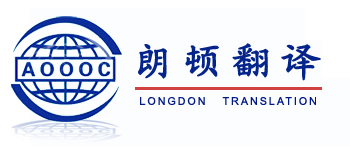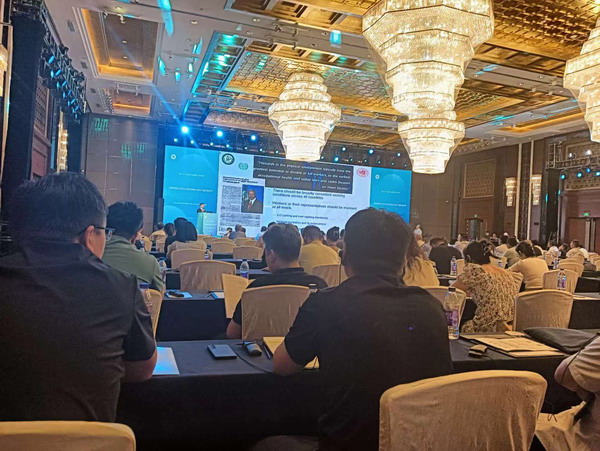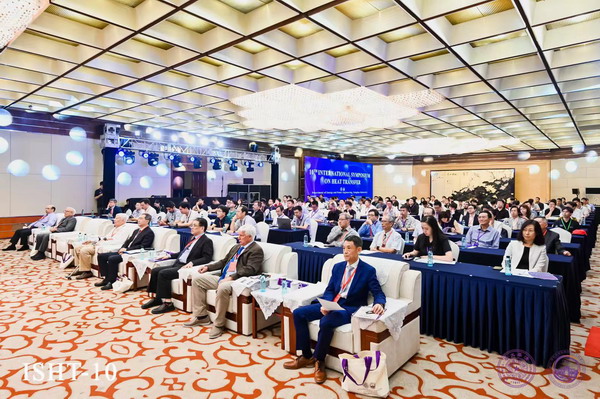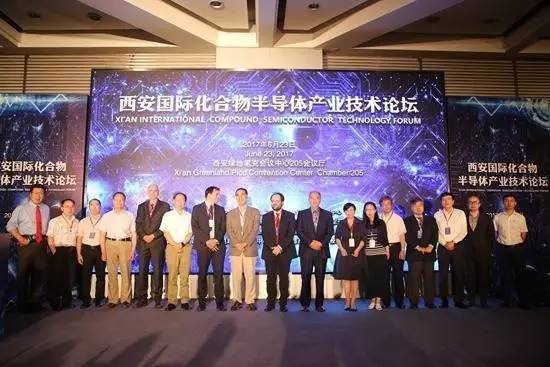What will the internet conglomerate of tomorrow look like?
未來(lái)的互聯(lián)網(wǎng)集團(tuán)將是什么樣?
Two models — the Chinese and the American — are in full flood. They may also be converging. And though they look like they have plenty of room to run, accidents of politics and personality are never far away.
眼下中國(guó)和美國(guó)這兩種模式正迅猛發(fā)展,它們也可能會(huì)趨同。雖然它們看似有足夠的增長(zhǎng)空間,但與政治以及創(chuàng)始人個(gè)性相關(guān)的事件總是如影隨形。
Alibaba’s surprisingly bullish revenue forecast earlier this month — it predicted growth this year a full 10 per cent above expectations — was taken by investors as powerful affirmation of a strategy that has at times looked scattershot.
阿里巴巴(Alibaba)上月公布了今年的收入預(yù)測(cè),其預(yù)測(cè)的增幅整整超過(guò)預(yù)期10%,這一意外的利好消息被投資者認(rèn)為是對(duì)一個(gè)有時(shí)看上去漫無(wú)目的的戰(zhàn)略的強(qiáng)大肯定。
Reflecting that China has a domestic economy ripe for digital innovation, and a business culture that does not recognise boundaries, Alibaba has shied away from setting limits to its scope. Like local rivals Tencent and Baidu, it has been making investments in many more businesses as it extends its reach (the most recent was putting another $1bn into Southeast Asian ecommerce player Lazada).
阿里巴巴沒(méi)有對(duì)自己設(shè)限,這反映了中國(guó)國(guó)內(nèi)經(jīng)濟(jì)已為數(shù)字創(chuàng)新做好準(zhǔn)備,而且其商業(yè)文化也不承認(rèn)邊界。與本土競(jìng)爭(zhēng)對(duì)手騰訊(Tencent)和百度(Baidu)一樣,阿里巴巴一直對(duì)更多商業(yè)領(lǐng)域進(jìn)行投資,以擴(kuò)張自己的版圖,最近一筆投資是對(duì)東南亞電商企業(yè)Lazada追加10億美元。

But for the financial markets, Alibaba has been at pains to paint a more coherent picture thanoften appears from the outside. At the heart of the story is a giant data factory. It sucks upinformation from customers of its many services and uses this to refine its offerings (and helpmerchants find more customers).
但對(duì)于金融市場(chǎng),阿里巴巴一直在用心勾勒一幅比外界看起來(lái)更清晰的畫(huà)面。其策略核心是一個(gè)龐大的數(shù)據(jù)工廠,它從旗下許多服務(wù)那里吸收顧客信息,再用這些信息來(lái)優(yōu)化自己的產(chǎn)品,并幫助商家找到更多顧客。
This raises two questions: How much data are enough — and how much will regulators considerto be too much?
這就提出了兩個(gè)問(wèn)題:多少數(shù)據(jù)算夠呢?以及,到什么程度監(jiān)管機(jī)構(gòu)會(huì)認(rèn)為太多了呢?
In China, there appear to be few limits. Alibaba faces little pushback from either consumers orregulators. This is partly because the potential access to vast commercial repositories ofpersonal information has obvious appeal to government agencies. As long as this closealignment of interest between company and state continues, the way looks clear.
在中國(guó),這方面似乎沒(méi)什么限制。阿里巴巴極少面臨來(lái)自消費(fèi)者或監(jiān)管機(jī)構(gòu)的反彈。一部分是因?yàn)閷?duì)于政府機(jī)構(gòu)來(lái)說(shuō),可以訪問(wèn)龐大的商業(yè)個(gè)人信息資料庫(kù)有著明顯的吸引力。只要企業(yè)與國(guó)家之間仍然存在這種密切的利益聯(lián)盟,這種方式看上去就暢通無(wú)阻。




